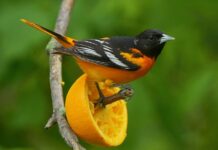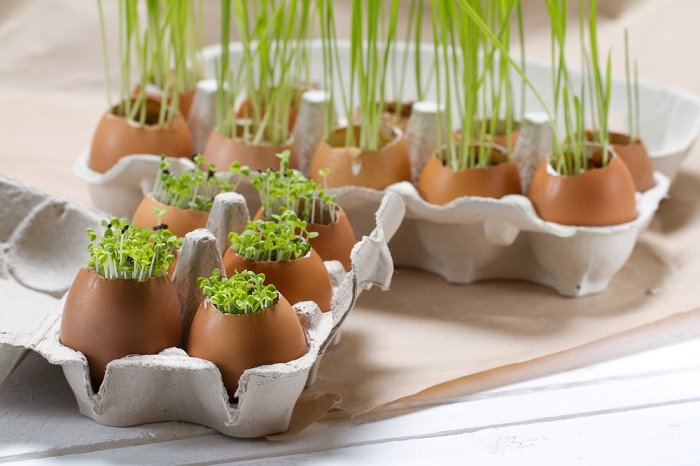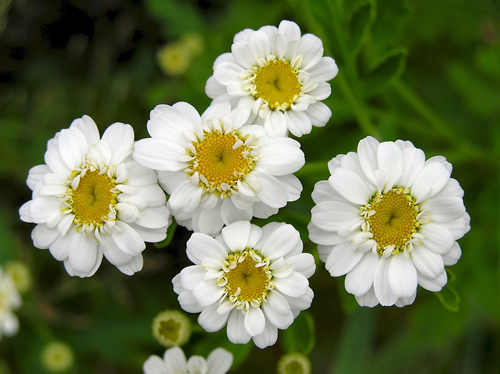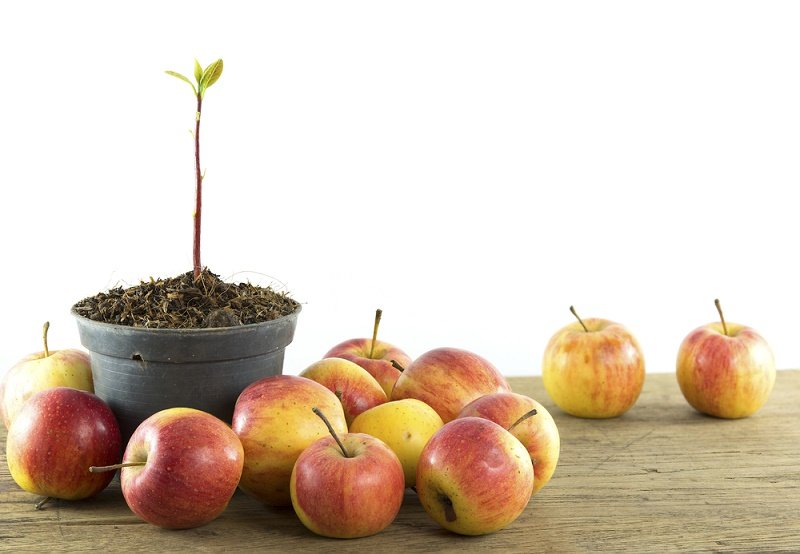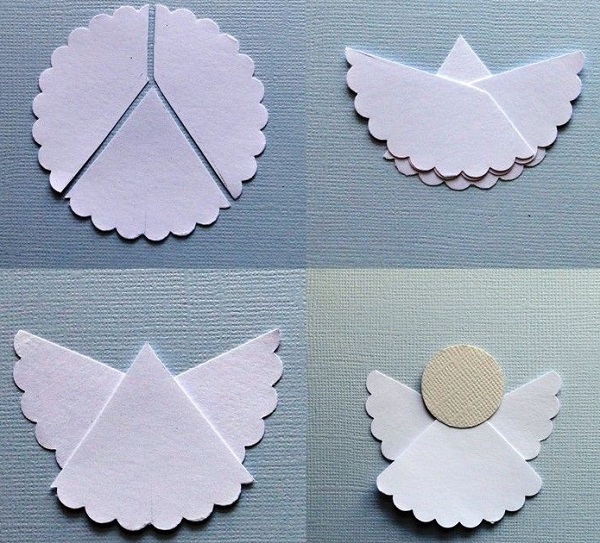Cinnamon in the garden can protect, care for and ward off dangers from your plants. This can protect your seedlings, heal your plant wounds, and kill fungal infections in no time. Any type of cinnamon family can work for the care of your seedlings.
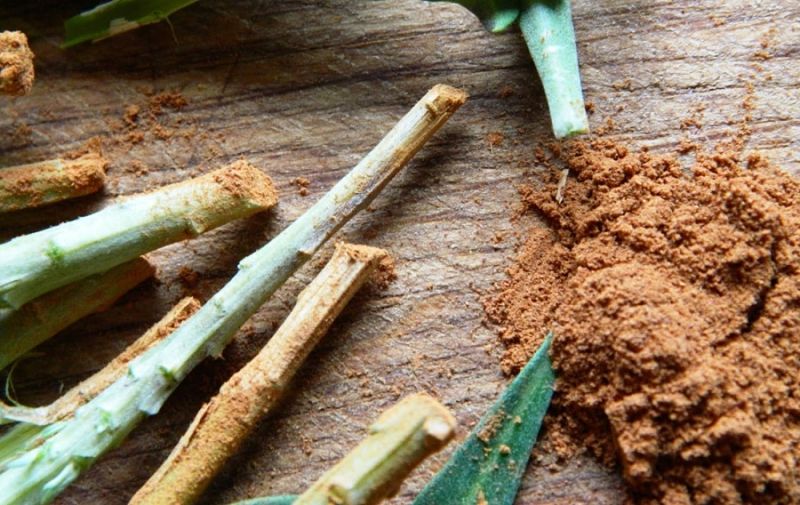
Cinnamon is a bark that is used mainly in cooking to enhance the flavor and aroma of dishes. Cinnamon has many medical properties and is also used in the beauty industry, the health industry, and for simple household purposes. But in addition to all these medical benefits, cinnamon is also great for gardening.
How to use cinnamon for garden plants?
Incredibly, cinnamon is an incredible fungicide. The use of cinnamon in the garden has been around for quite some time, your grandparents, and maybe even your parents, have probably used cinnamon in their garden if they ever did garden in the past. Find below the most common uses of cinnamon to control pests, weeds and ward off insects, among other benefits.
1. Protect your seeds and seedlings
Your seeds and seedlings can die from different types of diseases (drowning or damping-off). These diseases can be caused by fungi and soil conditions and can attack seeds or seedlings after germination or before germination. This is what you should do to protect your seedlings:
- Sprinkle some ground cinnamon on the soil of your seedlings. This cinnamon will stop drowning as it has antifungal properties.
- The antifungal properties of cinnamon also stop the growth of mulch flies that sometimes appear in tray seedlings.
- Cinnamon also protects your seedlings from ants and mosquitoes. These can eat your young seedlings, so only sprinkle cinnamon over the seedlings if there is an attack from ants and mosquitoes.
2. Get rid of wild mushrooms
Wild mushrooms can spread like a virus and can cover your specific gardening area in no time. And you may have to spend all day picking out those wild mushrooms. They mostly grow in mulch and destroy the harmony of your garden. This is a simple way to get rid of wild mushrooms:
- Sprinkle cinnamon all over the mulch in your garden. This will stop the growth of fungi, as cinnamon has antifungal properties.
3. Cinnamon serves as cheap rooting hormones
If your soil is fertile or you are using good potting soil, you don’t need any kind of rooting hormone to grow cuttings. However, the cuttings of certain plants require growth hormones to produce new roots and leaves.
Cinnamon is a very cheap and readily available alternative to growth hormones. Simply dry your cuttings before using the cinnamon as growth hormones.
4. Keep ants out of your garden
If you have problems with ants in your garden, you can easily get rid of them using cinnamon. Ants mainly visit greenhouses and flower beds. This is what you should do to get rid of ants in your garden:
Sprinkle cinnamon on the doors and on any front door if you have one. Cinnamon won’t kill them; however, ants don’t like cinnamon. Then they will finally leave your garden and look for a new home.
5. Cure your plants using cinnamon
Your precious plants can be injured by excessive pruning or collateral damage from a pruner. These wounds are not a cause for concern, but they can sometimes be fatal and can lead to yeast infections in no time.
Only use cinnamon on your plant wounds. Cinnamon will help the plants heal wounds and protect them from any type of fungal infection.
6. Get rid of “hairy” pests
Furry pests like rabbits, squirrels, and moles love to hang out in orchards. They eat everything and destroy the garden beds. You can use fences to keep them out, but they will somehow infiltrate your garden. Here is a simple solution to get rid of them:
Sprinkle cinnamon around your garden. These pests will come and breathe the cinnamon. The cinnamon won’t kill them or cause any permanent damage, but it will irritate the mouth, nose, and mucous membrane. In this way they will be forced to cancel their next visit.
7. Fight fungal infections
Fungi can disrupt plant growth when they infect them. It can also kill your plants and destroy them.
As mentioned before, cinnamon has antifungal properties. Therefore, you can stop the growth of fungi on your plants. If you have observed fungi growing on the leaves or young stems of your plants, this is what you should do:
Mix 2-3 tablespoons of ground cinnamon in 1-2 quarts of warm water. Mix these two ingredients in a spray bottle. Let the cinnamon sit in the water overnight.
After one night, strain and use the water as an antifungal spray. Spray the water over the affected areas of the plants twice a week.
8. Get rid of flying insects
Flying insects are not just a garden problem, they can also be a huge headache inside your homes. You can get rid of flying insects like mosquitoes by using cinnamon. Cinnamon oil spray can be very effective against these insects. You can also sprinkle cinnamon powder in place of using cinnamon oil.
If you have an insect bite, mix cinnamon powder with honey. Use this paste to relieve the itchiness of insect bites.
9. Keep your indoor plants healthy
Indoor plants can be affected by mold, and mosquitoes. You can treat your indoor plants using cinnamon. Just sprinkle cinnamon on top of your potted houseplants. By using cinnamon, indoor plants can be saved from any kind of fungal infection as it has antifungal properties.
10. Make a graft
Cinnamon helps the branches that you cut from your plants for grafting purposes in the same way that it helps cuttings. It will keep the cut safe from fungal infections. Simply dip the cutting in ground cinnamon before replanting it.



